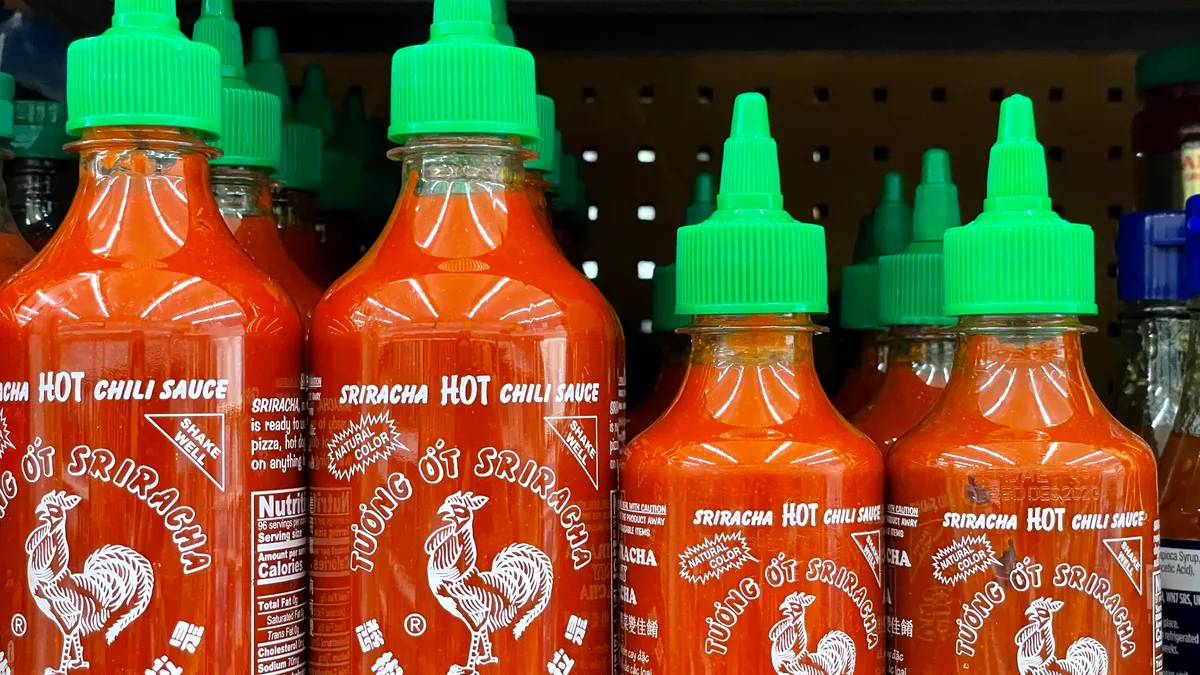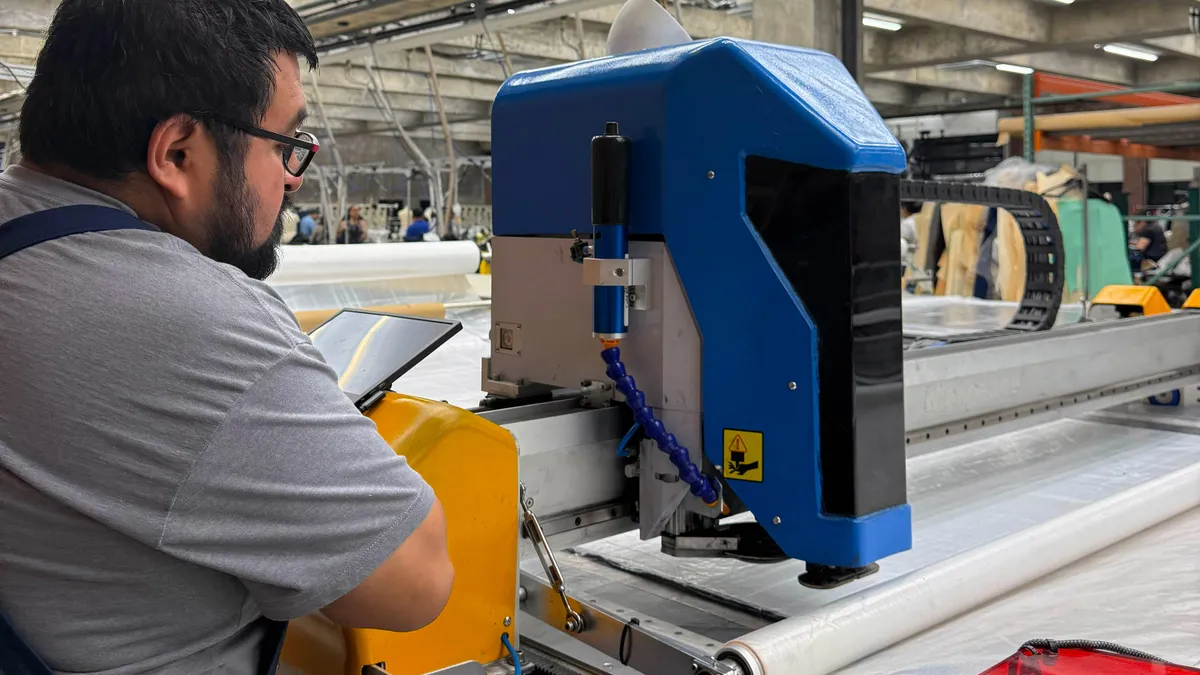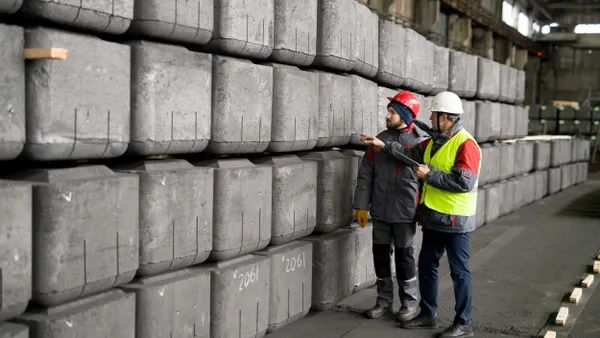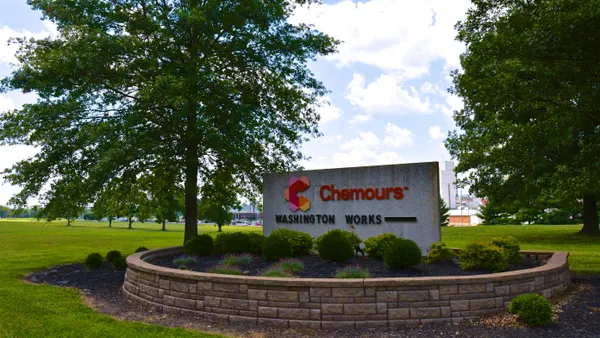Dive Brief:
- Post Holdings said its Post Consumer Brands division plans to close a cereal manufacturing facility in Lancaster, Ohio, to reduce capacity.
- The Lancaster plant has approximately 200 employees and is expected to close by the end of September 2024. Production will be transferred to other Post manufacturing locations.
- The closure of the cereal plant comes as food companies, including Post, reconfigure their manufacturing capacities by opening new plants and shuttering others to cut costs and boost efficiencies throughout their networks.
Dive Insight:
This year has seen several food makers announce the closure of plants or distribution centers, including Utz Brands, PepsiCo, Smithfield Foods, Tyson Foods, and Mondelēz International.
The Lancaster facility has been part of the Post Consumer Brands business since June 2021 when Post acquired TreeHouse Foods’ ready-to-eat cereal business for $85 million.
“We are continuously optimizing our network so that we can best serve our customers and consumers,” Nicolas Catoggio, president and CEO of Post Consumer Brands, said in a statement. “This facility closure enables Post Consumer Brands to continue offering a diversified portfolio of great products at a great value.”
Post said it is in discussions with the union representing employees at the Lancaster facility. The cereal, peanut butter, eggs, and pet food maker expects to incur cash and noncash pre-tax charges between $49 million and $55 million as it transfers production to other facilities and handles the plant's closure.
Food and beverage manufacturers have been especially active lately in shuttering older, less efficient facilities that are costly to run and constructing new, more advanced locations to meet the growing demand for their offerings.
Post has been no exception. Last year, it announced that it planned to spend up to $110 million to expand its cereal production capacity at a Nevada facility that serves the West Coast.
The St. Louis company behind Honey Bunches of Oats and Pebbles, as well as private label offerings, said at the time that the expansion would provide Post with additional production volume, address capacity constraints to better meet consumer demand, and reduce transportation costs to serve West Coast customers more efficiently.














